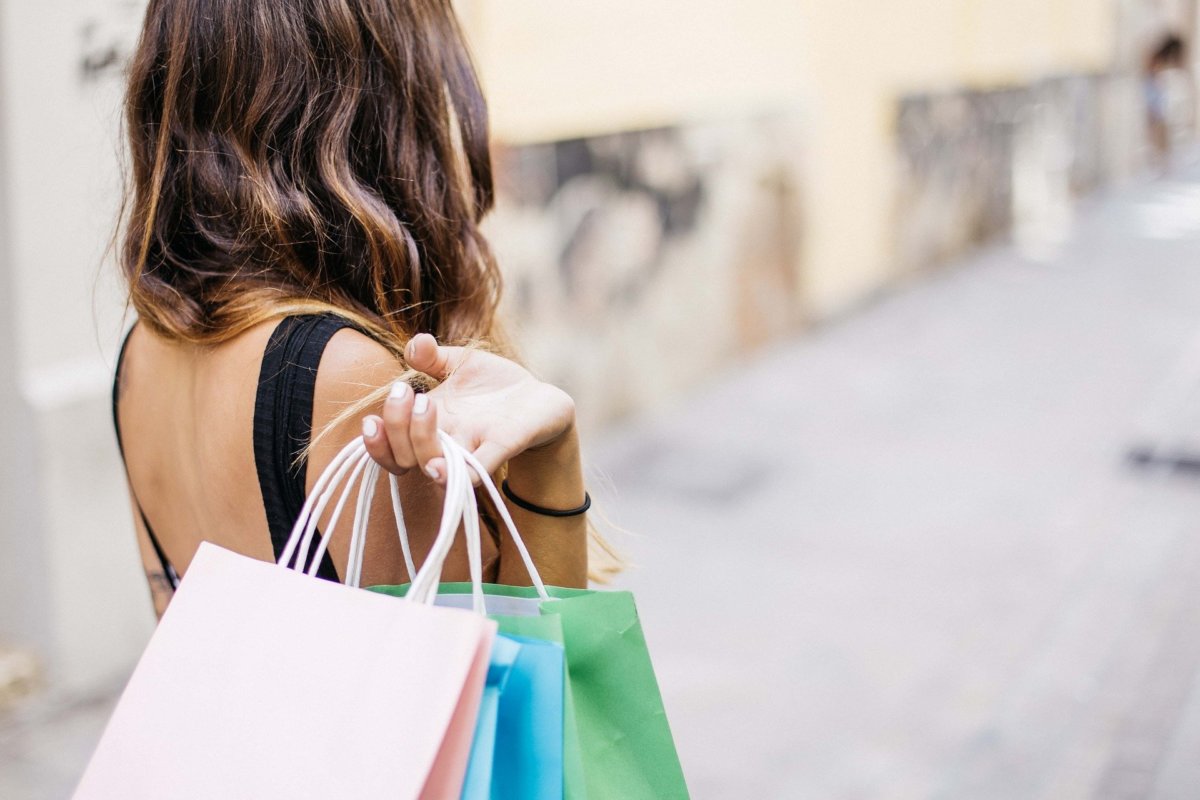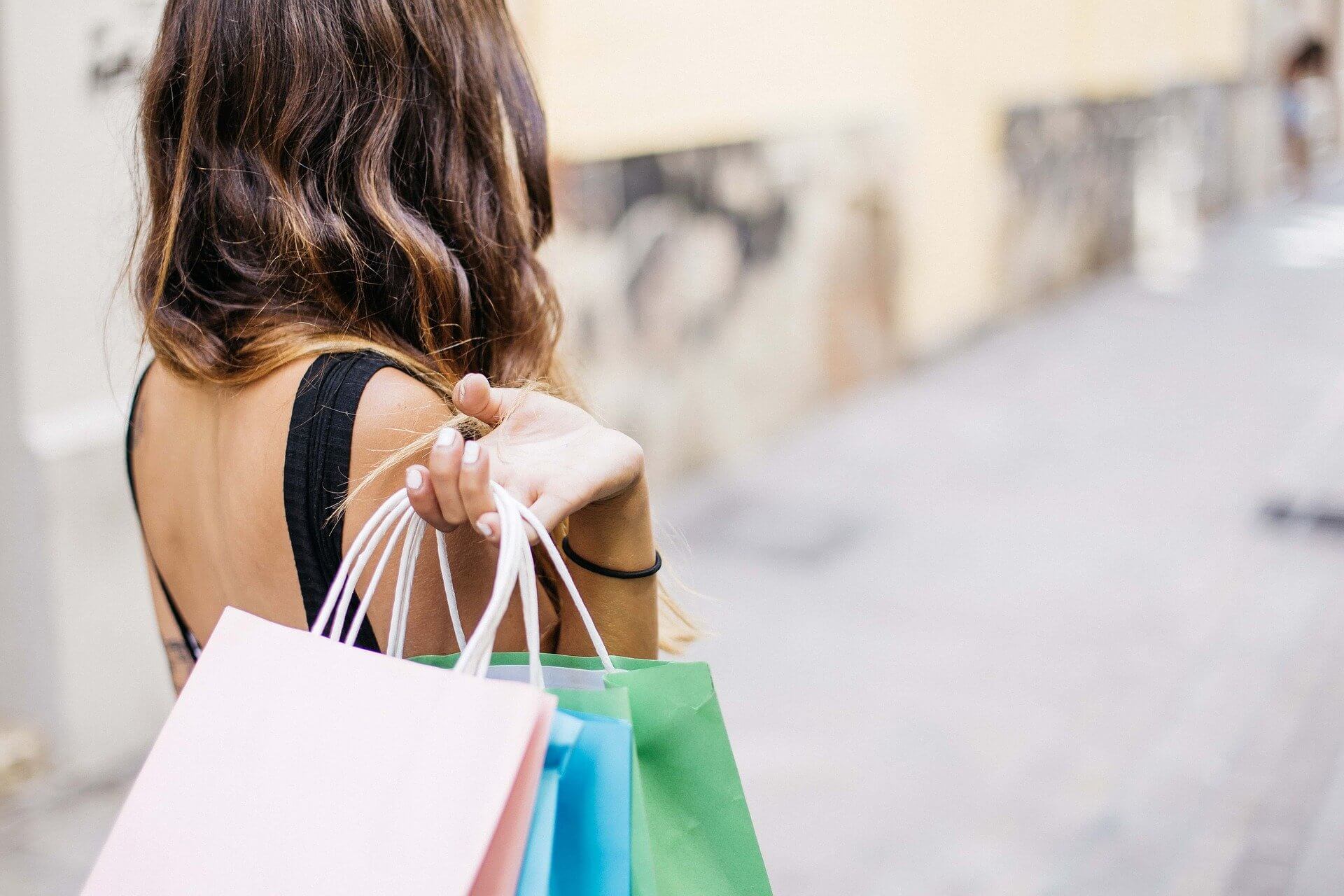
Millennials are going out of their way to find and support brands that are social responsible. According to a recent Nielsen study, 66% of Millennials surveyed said they’re even willing to pay more for products and services that come from companies that are committed to a positive social and environmental impact. There is demand for a change in the way we source our goods and this upcoming generation is the force behind it.
Being an ethical brand can come at a cost. Items may have to have limited availability or longer than normal shipping times. But that’s not a bad thing. In fact, 81% of consumers say they don’t mind making these sacrifices for ethically sourced goods.
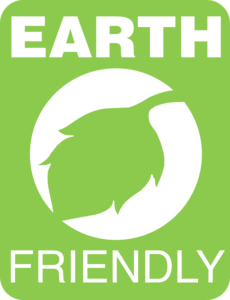
The key here is honesty. Keep the community’s trust and it’ll be smooth sailing. Just be aware of the risks. 90% of consumers say they would boycott a brand if they learned of irresponsible or deceptive practices. We’ve seen this happen several times in the past year alone. Brands are being called out on social media for animal testing or coming off as racist/non-inclusive. But if you’re remaining honest and clear in your messaging, you won’t have to worry about the backlash. Your customers will take notice of your authenticity and you can’t put price tag on the positive effects that perception will have on your brand.
Not everyone will share the same beliefs as you, but that’s okay. It might seem counterproductive; to be clear where your company stands will turn some potential customers away. However, in the long run, everyone whether customer or not, will be appreciative of your brand’s honesty and your company will grow as a result.
The natural question to come up would be how can your brand be an ethical brand? First, you need to have purpose. What cause drives your mission and how does your business model or prices benefit others? You also need to be aware of inclusivity and diversity in your company. Customers take notes of who’s calling the shots, and they want to see representation for all. Do thorough checks on your manufacturers. Guarantee that your products are coming from factories where employees are treated fairly and paid a livable wage. Make sure no animals are harmed in the making of your products. It’s also a good idea to just make sure your manufacturers have the same beliefs as you. If your brand aims to minimize greenhouse gases and your manufacturers are running on coal energy, that doesn’t look good on you.
At AMP3, it’s of growing importance that we present companies that are socially responsible as well and we’re proud to be carving out a niche in PR for brands that are sustainable, eco-friendly, and/or natural, including Derma E, Brooklyn Candle Studio, KL Polish and the soon-to-be-launched LALF.
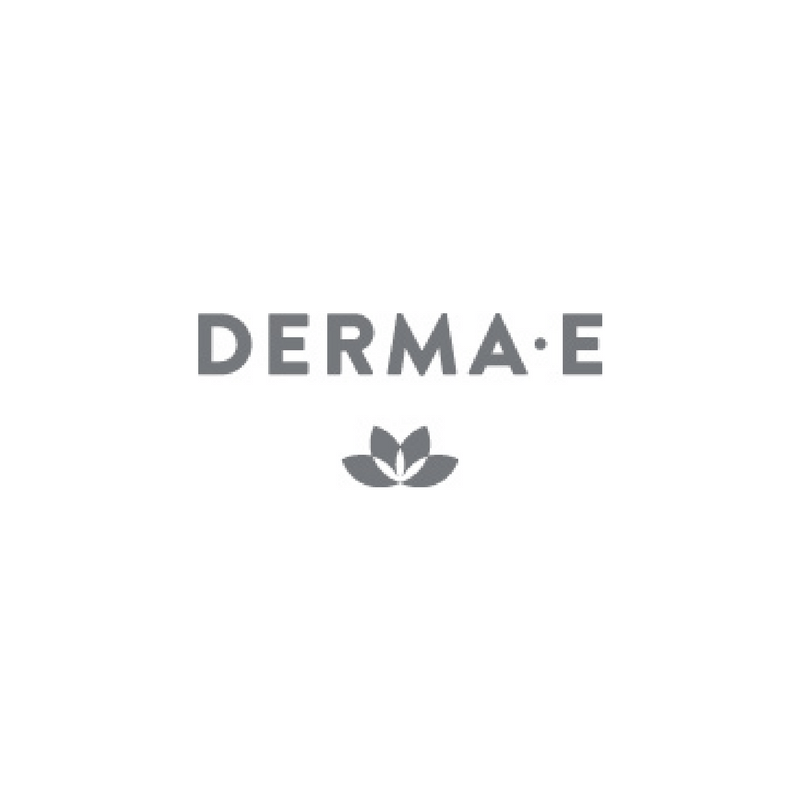
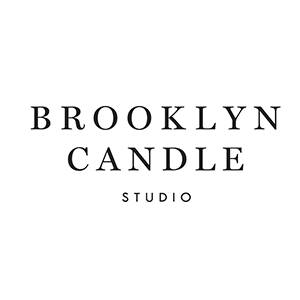
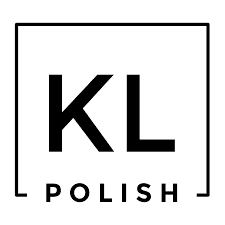
KL Polish is a cruelty-free, USA-made nail polish line, so you can be sure that these products are ethically sourced and free of harsh ingredients. KL Polish has also collaborated with Colourpop, another U.S. based and cruelty free beauty line, to bundle up nail polishes and the perfect lip product to accompany them.
LALF – Love Animals Love Fashion, or just LALF, is a truly vegan, organic, and sustainable clothing line. At every phase of production they ensure fair wages for workers, from farm to factory, to increase local economic sustainability. They only use all natural dyes and source materials from farmers who follow strict organic and vegan practices, with absolutely zero use of pesticides and/or insecticides.

We hope that moving forward, more brands (and agencies) arise that are doing their part to be ethical and eco-friendly. We wholeheartedly support brands with these initiatives.

